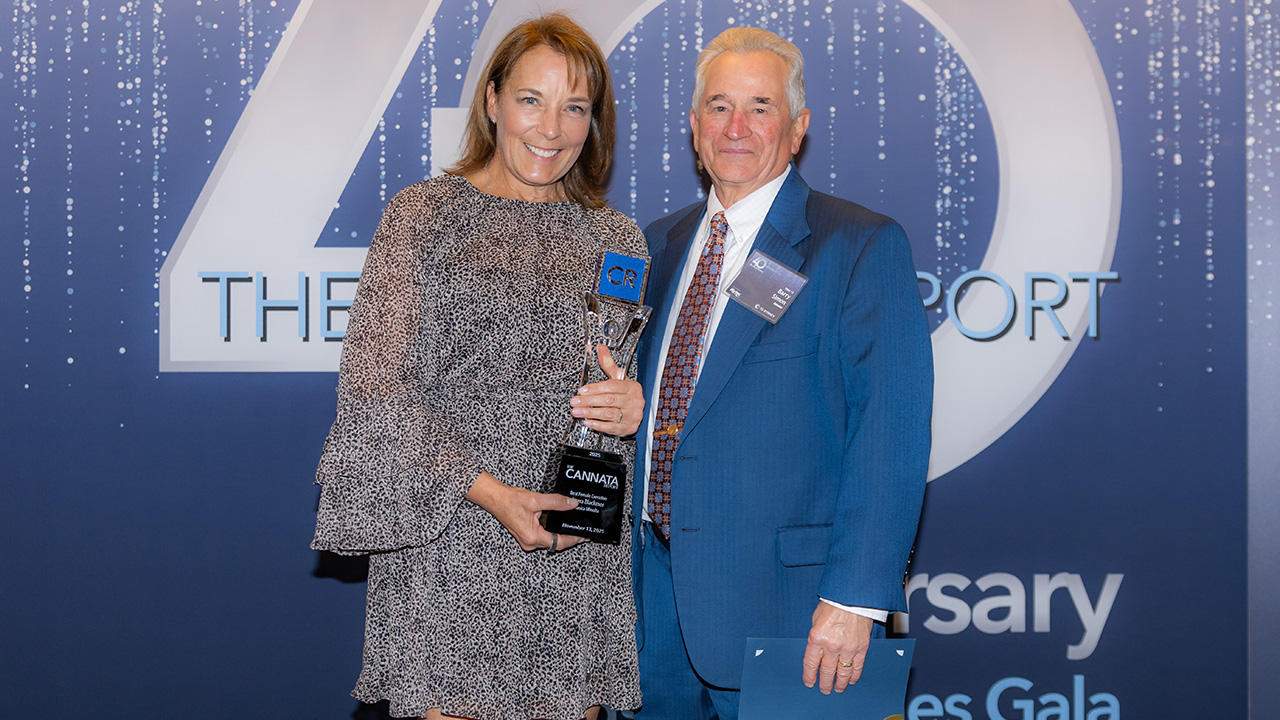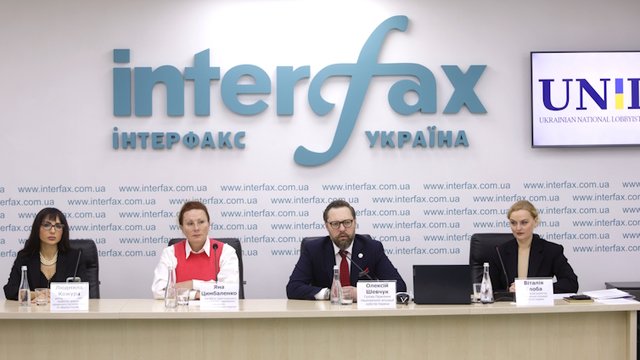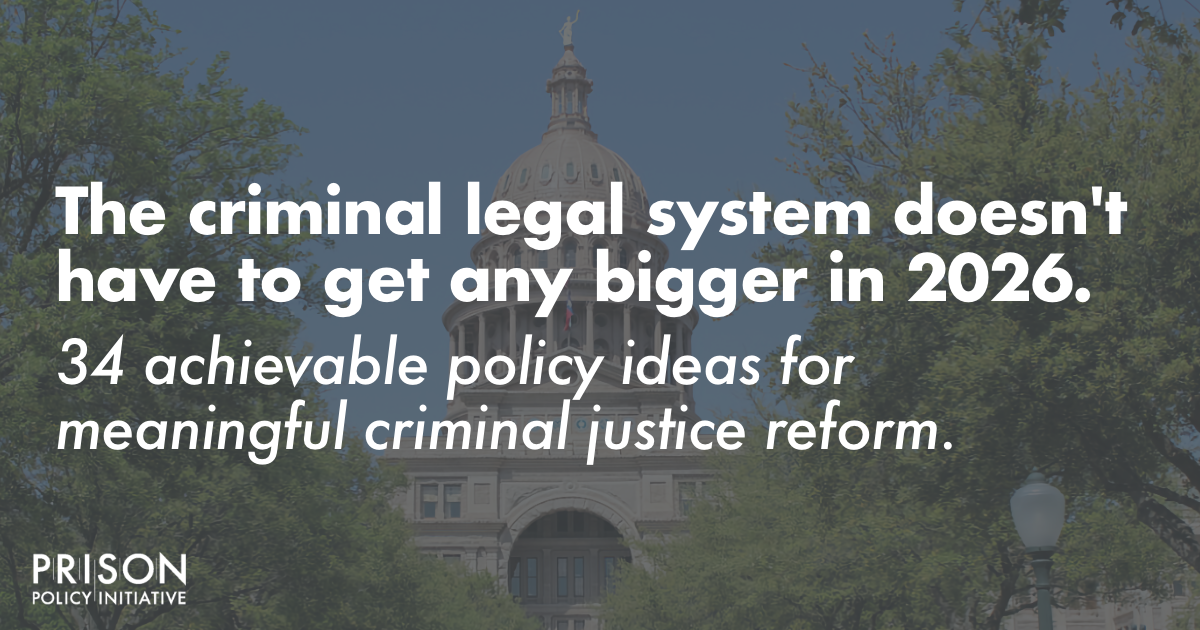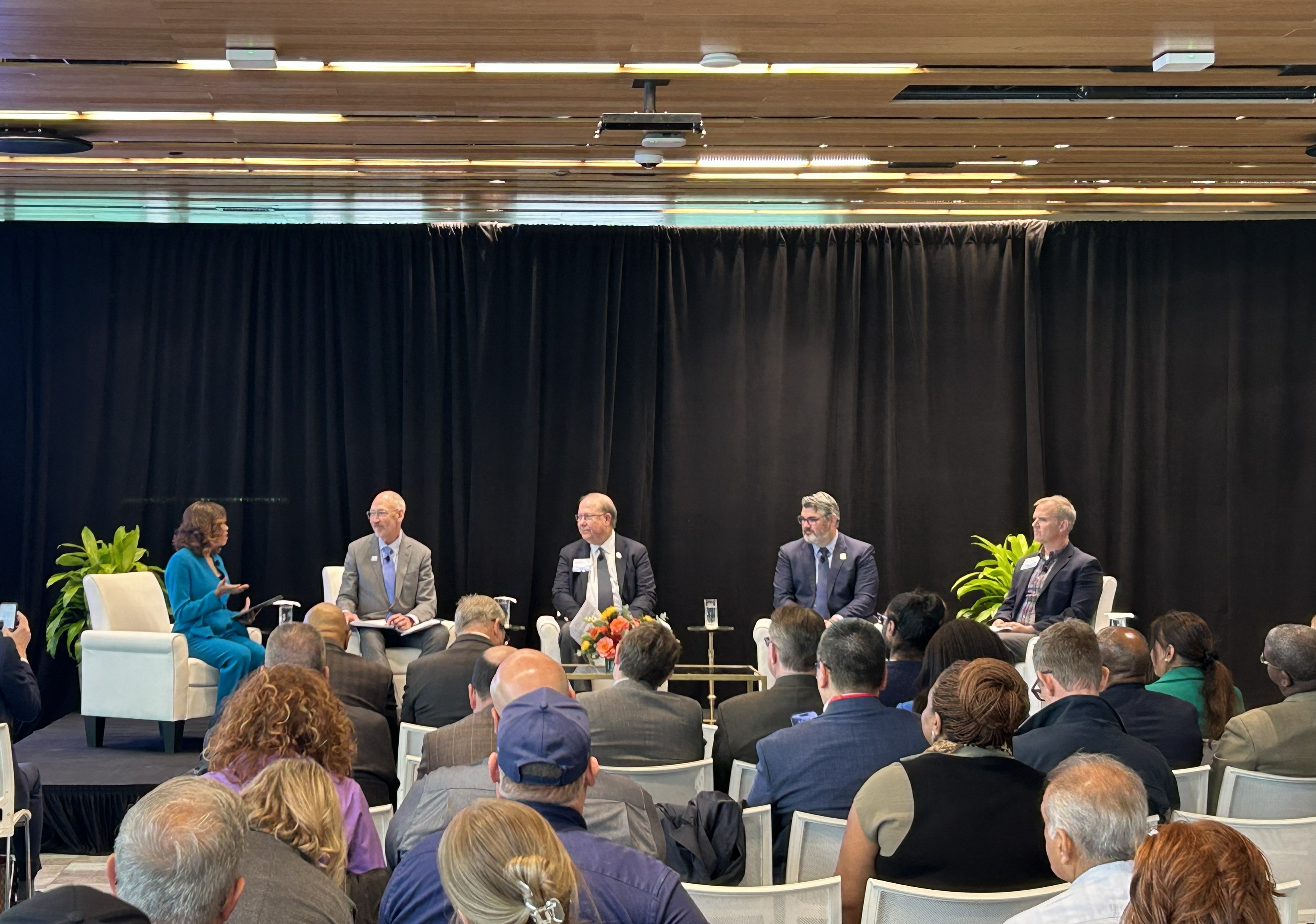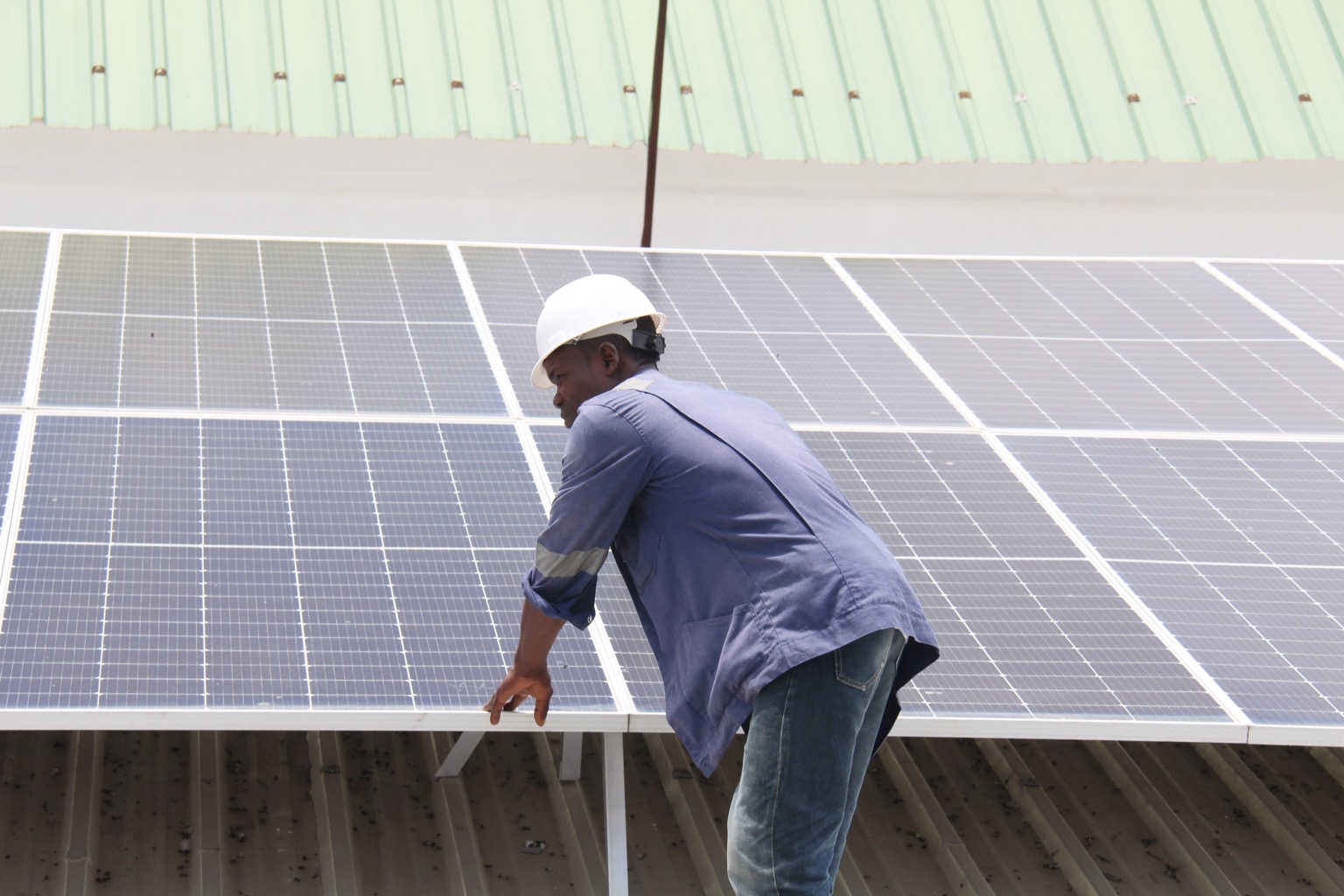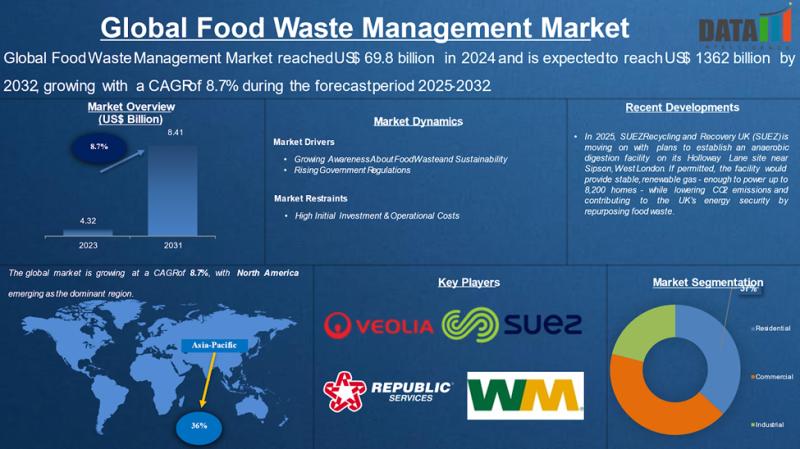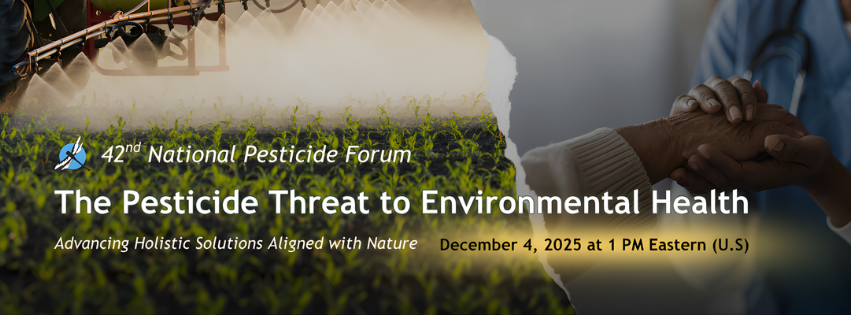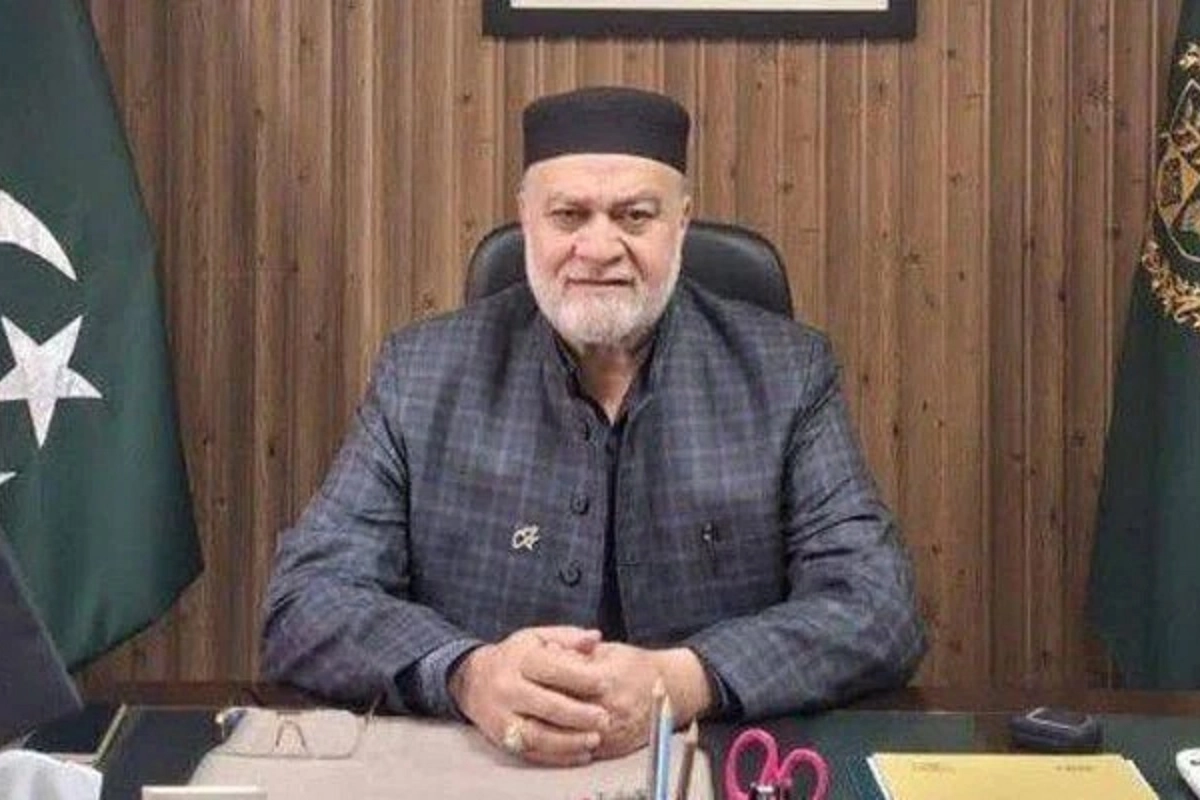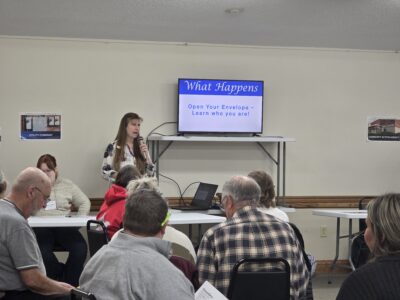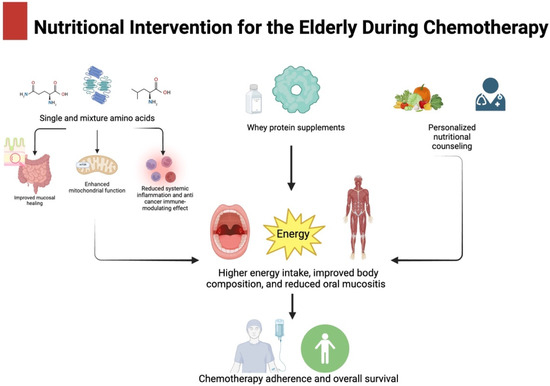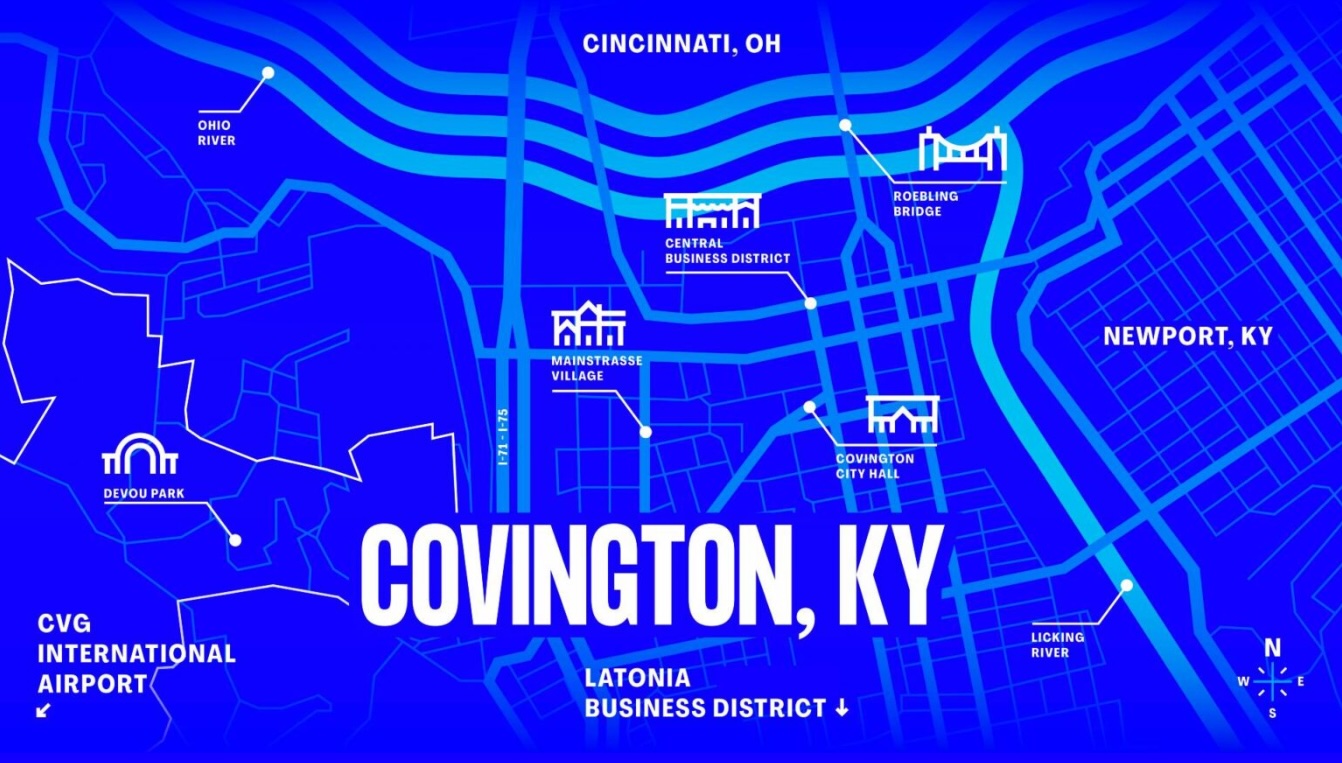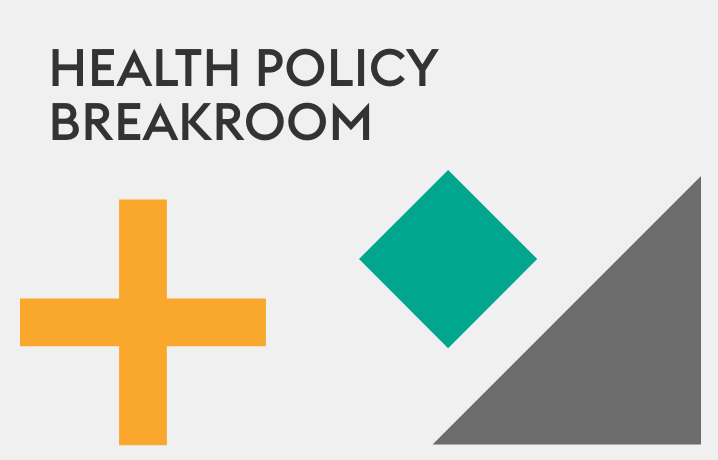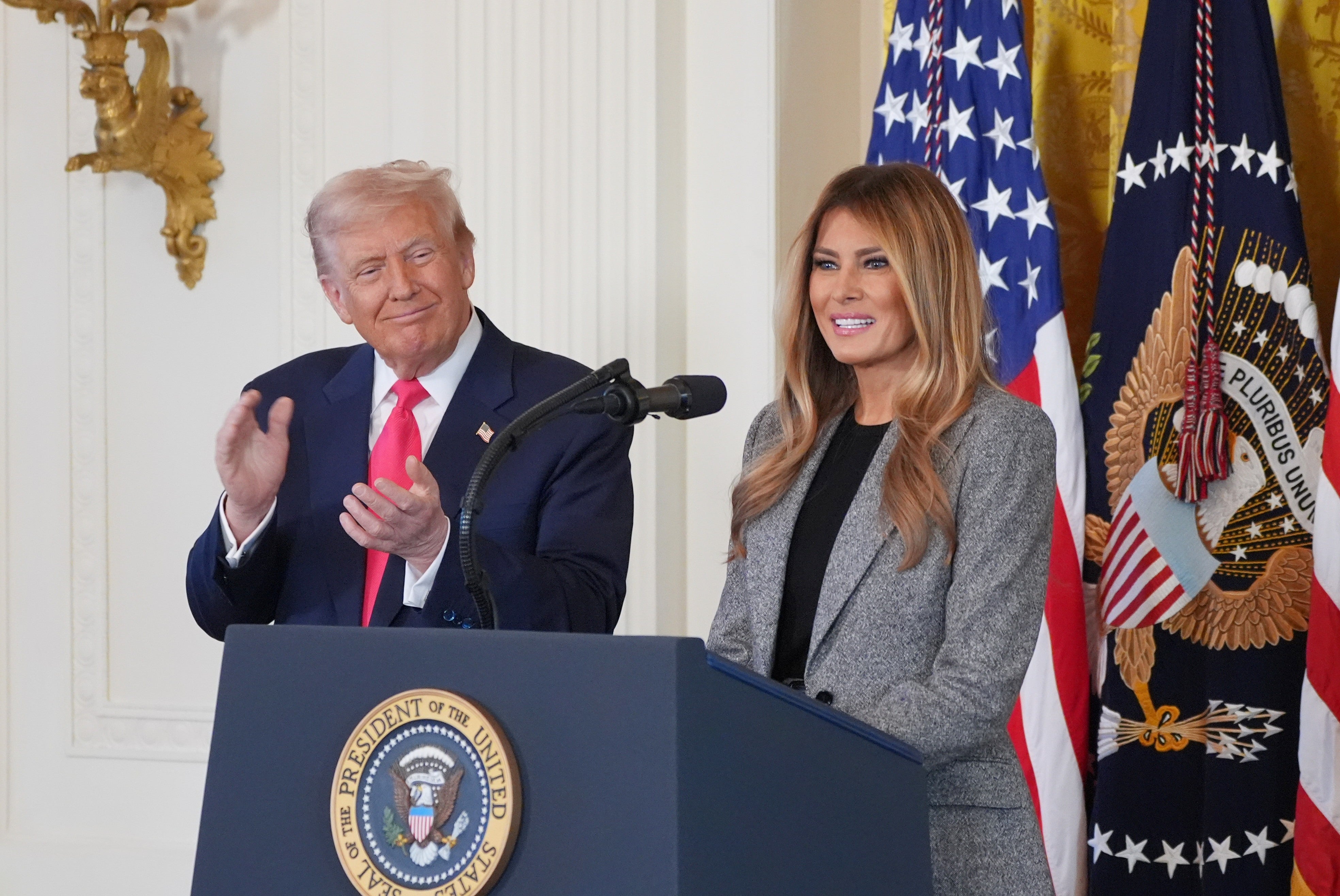EECU financial empowerment efforts recognized by The Fresno Center – thebusinessjournal.com
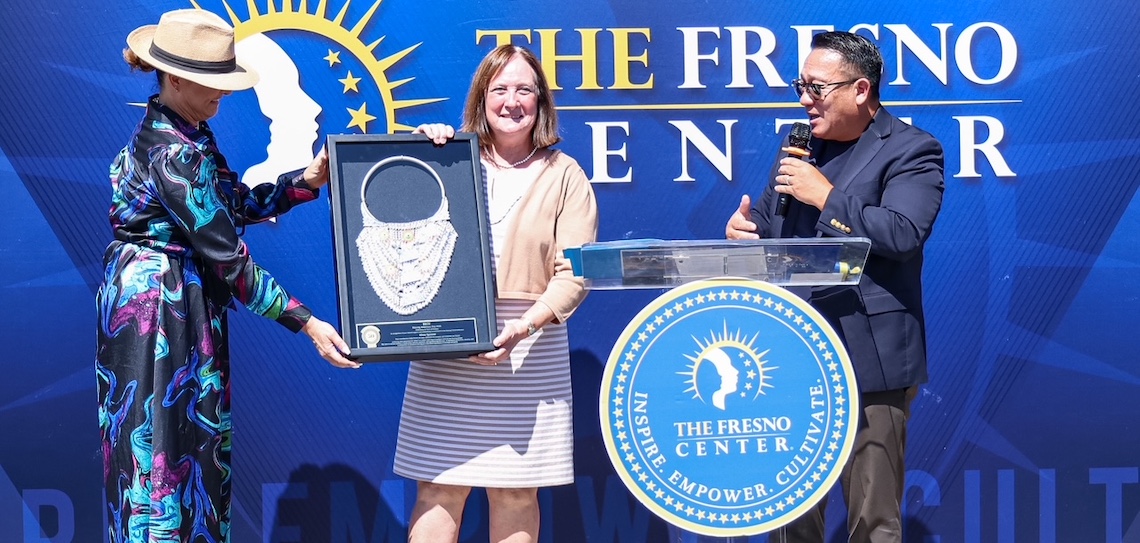
Report on the Partnership Between EECU and The Fresno Center in Advancing Sustainable Development Goals

Introduction: A Partnership for Sustainable Development
- Educational Employees Credit Union (EECU) was formally recognized by The Fresno Center for its strategic commitment to enhancing financial inclusion and education within the Central Valley.
- This collaboration exemplifies SDG 17: Partnerships for the Goals, demonstrating how local institutions can unite to advance sustainable development objectives within their communities.
Strategic Initiatives for Economic Empowerment and Education
The partnership has launched several key initiatives aimed at fostering financial stability and knowledge, directly contributing to multiple SDGs.
Alignment with SDG 4: Quality Education
- EECU will provide specialized financial literacy workshops for the staff and clients of The Fresno Center. This directly supports SDG 4 (Target 4.6) by ensuring adults acquire essential literacy and numeracy skills for personal and economic empowerment.
- The focus on financial education equips individuals with the knowledge needed to promote sustainable lifestyles, aligning with SDG 4 (Target 4.7).
Contributions to SDG 1, SDG 8, and SDG 10
- Expanding Financial Access: By extending EECU membership eligibility to all Fresno Center employees and utilizing a Mobile Branch for on-site services, the initiative enhances access to financial services. This directly addresses SDG 1: No Poverty (Target 1.4) and SDG 8: Decent Work and Economic Growth (Target 8.10) by strengthening the capacity of domestic financial institutions to serve all community members.
- Reducing Inequalities: The program is designed to reach individuals and families served by The Fresno Center, thereby promoting economic inclusion and contributing to SDG 10: Reduced Inequalities.
Fostering Community Resilience and Well-being
- The overarching goal of “building stronger communities,” as stated by EECU President and CEO Elizabeth J. Dooley, is in direct alignment with SDG 11: Sustainable Cities and Communities, by enhancing the economic resilience of local populations.
- Fresno Center President and CEO Pao Yang noted that financial literacy fosters “empowerment, education, wellness, and the ability to shape one’s future,” linking the program’s outcomes to SDG 3: Good Health and Well-being, as financial security is a critical component of overall wellness.
Conclusion
The partnership between EECU and The Fresno Center serves as a functional model for achieving the Sustainable Development Goals at a local level. By integrating financial services with community-based education and support, the initiative effectively addresses the interconnected challenges of poverty, education, inequality, and community well-being.
Analysis of SDGs, Targets, and Indicators
1. Which SDGs are addressed or connected to the issues highlighted in the article?
-
SDG 4: Quality Education
- The article repeatedly emphasizes “financial education,” “financial literacy workshops,” and “financial empowerment.” These initiatives directly contribute to providing valuable life skills, which is a core component of quality education beyond traditional schooling.
-
SDG 8: Decent Work and Economic Growth
- By expanding access to financial services and education, the partnership aims to foster economic empowerment. The article mentions strengthening communities and helping families “shape one’s future with confidence and clarity,” which supports economic inclusion and stability.
-
SDG 10: Reduced Inequalities
- The initiative focuses on bringing financial services to the “individuals and families” served by The Fresno Center, a community organization. This effort aims to reduce inequalities by ensuring that underserved communities have access to essential financial tools and knowledge.
-
SDG 17: Partnerships for the Goals
- The entire article is about the collaboration between Educational Employees Credit Union (EECU), a financial institution, and The Fresno Center, a community-based organization. This partnership is a clear example of a cross-sector collaboration to achieve common goals.
2. What specific targets under those SDGs can be identified based on the article’s content?
-
Target 4.4 (under SDG 4)
- This target aims to “substantially increase the number of youth and adults who have relevant skills, including technical and vocational skills, for employment, decent jobs and entrepreneurship.” The provision of “specialized financial literacy workshops” directly aligns with increasing relevant financial skills for adults.
-
Target 8.10 (under SDG 8)
- This target seeks to “strengthen the capacity of domestic financial institutions to encourage and expand access to banking, insurance and financial services for all.” EECU’s actions, such as using a “Mobile Branch” for “convenient banking access” and extending membership eligibility to Fresno Center employees, directly contribute to this target.
-
Target 10.2 (under SDG 10)
- This target is to “empower and promote the social, economic and political inclusion of all.” The partnership’s goal to provide “convenient access to financial services and education to the individuals and families they [The Fresno Center] serve” is a direct effort to promote economic inclusion for community members.
-
Target 17.17 (under SDG 17)
- This target encourages “effective public, public-private and civil society partnerships.” The collaboration between EECU (a private sector credit union) and The Fresno Center (a civil society organization) is a textbook example of such a partnership.
3. Are there any indicators mentioned or implied in the article that can be used to measure progress towards the identified targets?
-
Indicators for Targets 4.4 and 8.10
- Provision of financial literacy workshops: The article explicitly states that EECU will provide “specialized financial literacy workshops for staff and clients.” The number of workshops held and the number of participants would be direct indicators of progress.
- Expansion of membership eligibility: The announcement that “all Fresno Center employees are now eligible for EECU membership” is a measurable indicator of expanded access to financial services.
- Deployment of mobile banking services: The use of the “EECU’s Mobile Branch” to provide “convenient banking access” is a tangible action. Its frequency of visits and the number of residents served can be tracked as indicators.
-
Indicator for Target 17.17
- Formalized partnership: The event itself, featuring a “red carpet celebration” where EECU was presented with a “plaque and a traditional Hmong necklace,” serves as a public indicator of a formalized and active partnership between the two organizations.
4. Summary Table of SDGs, Targets, and Indicators
| SDGs | Targets | Indicators |
|---|---|---|
| SDG 4: Quality Education | Target 4.4: Increase the number of adults with relevant skills for employment. | Provision of “specialized financial literacy workshops for staff and clients.” |
| SDG 8: Decent Work and Economic Growth | Target 8.10: Strengthen domestic financial institutions to expand access to banking for all. | Use of a “Mobile Branch” for convenient banking; Expansion of “EECU membership” to Fresno Center employees. |
| SDG 10: Reduced Inequalities | Target 10.2: Empower and promote the social and economic inclusion of all. | Providing “convenient access to financial services and education” to individuals and families served by The Fresno Center. |
| SDG 17: Partnerships for the Goals | Target 17.17: Encourage effective public-private and civil society partnerships. | The formal partnership between EECU (private sector) and The Fresno Center (civil society), recognized with a plaque and celebration. |
Source: thebusinessjournal.com
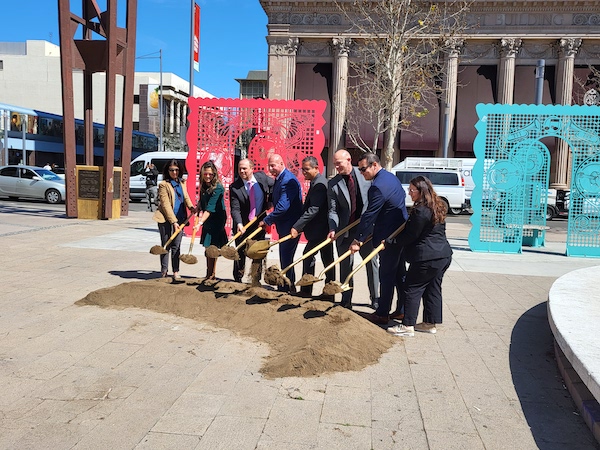
What is Your Reaction?
 Like
0
Like
0
 Dislike
0
Dislike
0
 Love
0
Love
0
 Funny
0
Funny
0
 Angry
0
Angry
0
 Sad
0
Sad
0
 Wow
0
Wow
0







